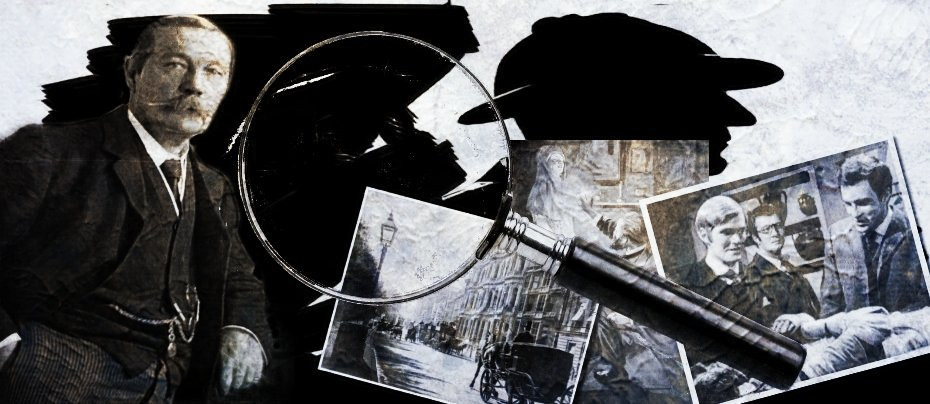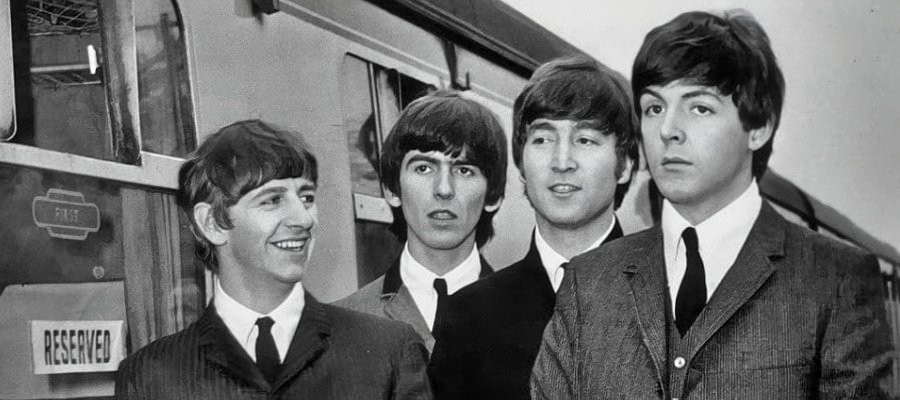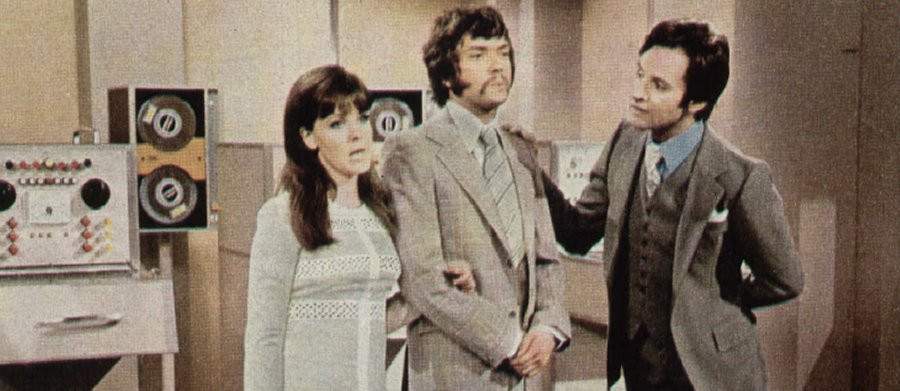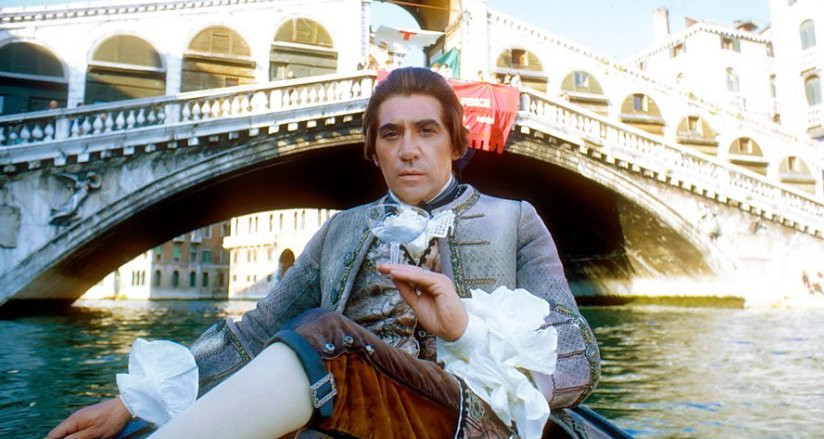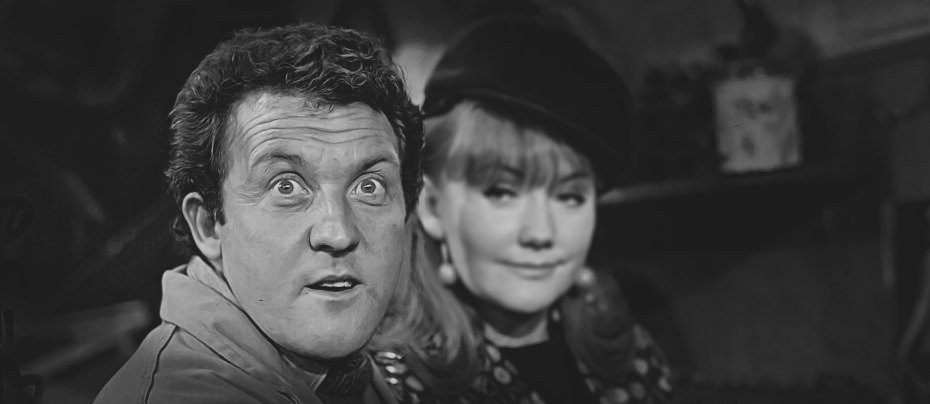
Norman Rossington
A versatile performer who could play comedy, drama and musical theatre, the stocky and curly-haired British character actor Norman Rossington was a staple on British television for over 40 years. Cheerful and delightfully down-to-earth, he was the prime example of a face that was more familiar than a name. A master of working-class accents from cockney to his native Liverpudlian, he spent much of his career portraying servicemen of the lower ranks but also appeared with the Old Vic, the National Theatre (with Laurence Olivier) and the Royal Shakespeare Company. He also has the distinction of being the only performer to appear in both a Beatles and an Elvis Presley film.
Born in Liverpool on Christmas Eve 1928, Rossington, the son of a publican, was educated at Sefton Park Elementary School and Liverpool Technical College. His education finished at the age of 14 and he went to work as an office-boy/messenger at Liverpool Docks. After taking up an apprenticeship as a carpenter, he did his National Service in the RAF. Upon his release back into civvy life, he studied French at night school and trained to be a draughtsman before a visit to a church social with his friend Kenneth Cope, changed the course of his life.
He was invited to take part in a sketch, and made such an impression that he was invited to join the local drama group that performed at the David Lewis Theatre. This new interest filled him with such enthusiasm that he was soon training for the professional stage at the Bristol Old Vic, making his stage debut at the Theatre Royal in Bristol, where his work ranged from Shakespeare to the musical Salad Days.
In 1953, he made his screen debut, uncredited, as an amusement arcade worker in the British crime-thriller Shadow Man, which starred Caesar Romero and Kay Kendall. The following year, he played Snout in a theatrical production of A Midsummer Night's Dream that toured America, and in 1956 won his first screen credit with a small part in the British quota-quickie comedy film Keep It Clean. When not performing, Rossington earned a wage as a chef in police station canteens.
The following year his fortunes changed for the better when he was cast as Private 'Cupcake' Cook (so nicknamed because he was always eating and opening food parcels from his family in Liverpool) in a new ITV sitcom, The Army Game. The series, the first situation comedy produced by Granada Television, followed the exploits of a dysfunctional group of soldiers doing their National Service in the British Army in post-war Britain. The fact that National Service was still compulsory in Britain when the series began, meant that audiences could readily identify with the circumstances and sympathise with the plight of the conscripts. It immediately became a top-ten hit. Rossington appeared in the first three series, from 1957 to 1958, and also appeared in the 1958 spin-off movie, I Only Arsked.
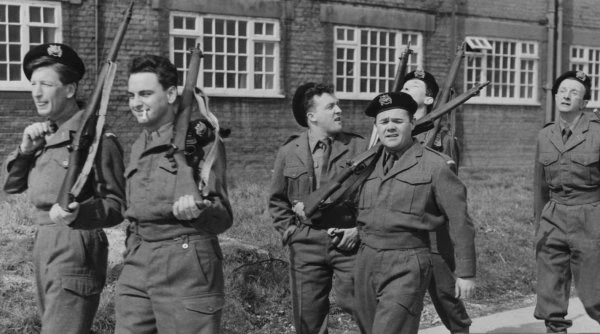
Rossington’s decision to leave The Army Game was based on the fact that he was constantly being offered a number of other parts. Between 1957 and 1958 he appeared in ten other productions, including a small part in the classic movie A Night to Remember, and the first two Carry On films, Sergeant and Nurse. Norman Hudis, the writer of those early Carry On’s, was to script several of Rossington’s television series, including Our House (1960) which found him as part of an ill-assorted group of people who buy a ramshackle house.
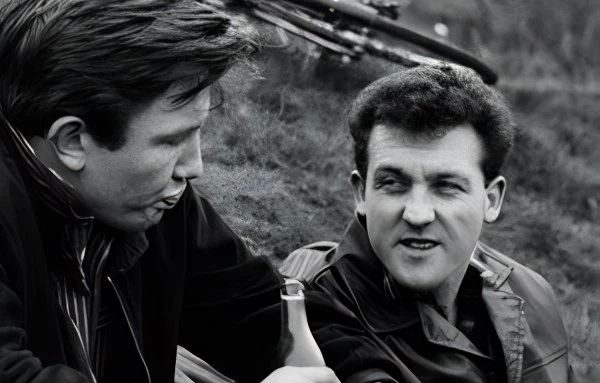
The 1960s proved to be very lucrative for Rossington. A period in which he established himself as a consummate and reliable character actor. As well as being gainfully employed on the small screen, he had a number of roles in feature films such as Doctor in Love, Saturday Night and Sunday Morning, Those Magnificent Men in Their Flying Machines, and Tobruk, all of which gave him the opportunity to play comedy as well as more dramatic roles. His most celebrated role during this period and the one that gave him the most exposure, was undoubtedly as Norm, The Beatles’ road manager in A Hard Day’s Night.
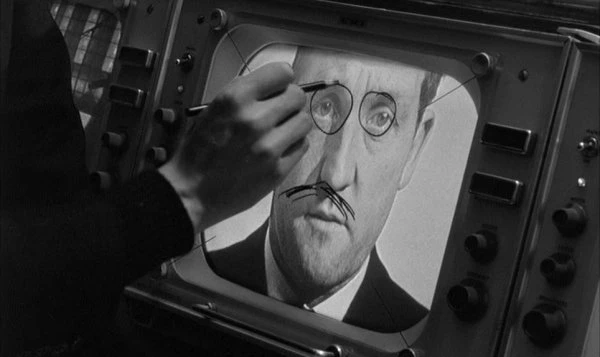
Three years later he appeared with Elvis Presley in Double Trouble playing one of two inept crooks who switch suitcases with Presley and his girlfriend. He journeyed to Hollywood for this but turned down offers that would have kept him there. Returning to the UK, he had one of his favourite roles as Sergeant-Major Corbett in The Charge of the Light Brigade.
Rossington also enjoyed several lengthy stage runs, which included Brecht on Brecht at the Royal Court, Shaw's Saint Joan with Olivier's embryo National Theatre company at Chichester, played Doolittle in My Fair Lady, Micawber in David Copperfield, Tony Weller in Pickwick and appeared in Tiger at the Gates at the Apollo. He also set a record of 540 consecutive performances as Nathan Detroit in Guys and Dolls at the National. His stage career included time spent with the Metropolitan Opera in New York.
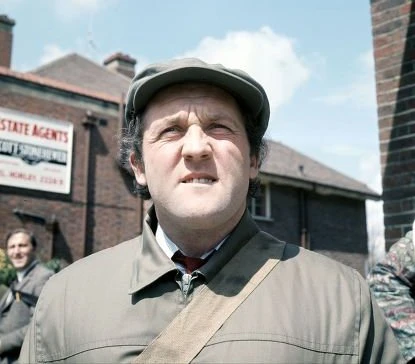
From the 1970s onwards, there were fewer film roles, but plenty of television, including productions ranging from Young Winston in 1972, to Heartbeat in 1996. In between he appeared in some of British television’s most fondly remembered series such as Budgie, Crown Court, I, Claudius, Z Cars, Last of the Summer Wine, and Sharpe.
In 1997 he sang in the spectacular musical Beauty and the Beast but had to leave the show after a fall on stage which preceded a six-month battle with cancer. Early in his life, Rossington was married to an actress for three years before they divorced. His second marriage, on 19 January 1999 to Cindy Barnes, lasted until his death from the disease, aged 70 a few months later. He passed away in Manchester on 21 May.
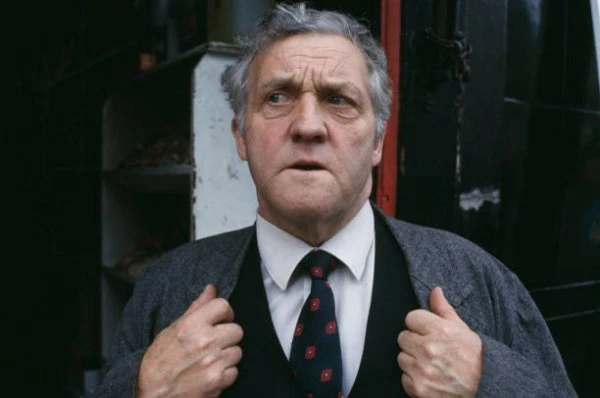
Norman Rossington was the personification of that repertory company which sustained the British screen without ever becoming a leading star, although this never bothered him. He attributed his staying power to scouse soup – “cheap and nutritious”, he observed, “and growing up in Liverpool, we ate plenty of it." Rossington graced every performance with an unmistakable presence, captivating audiences with every role he breathed life into. He was the very embodiment of professionalism and through his work he touched the lives of countless souls, leaving an indelible imprint on the annals of the performing arts.
Published on January 2nd, 2024. Written by Laurence Marcus for Television Heaven.



